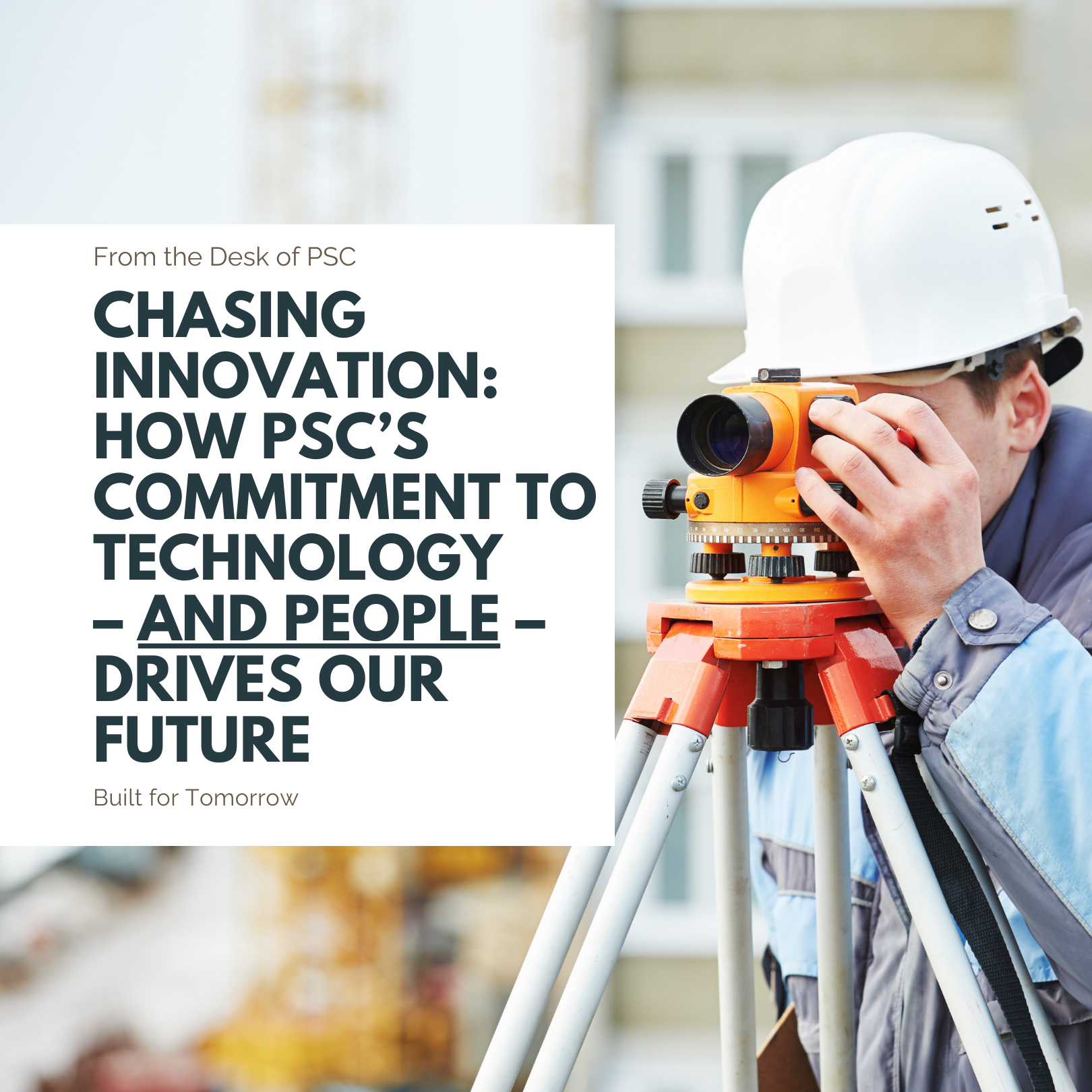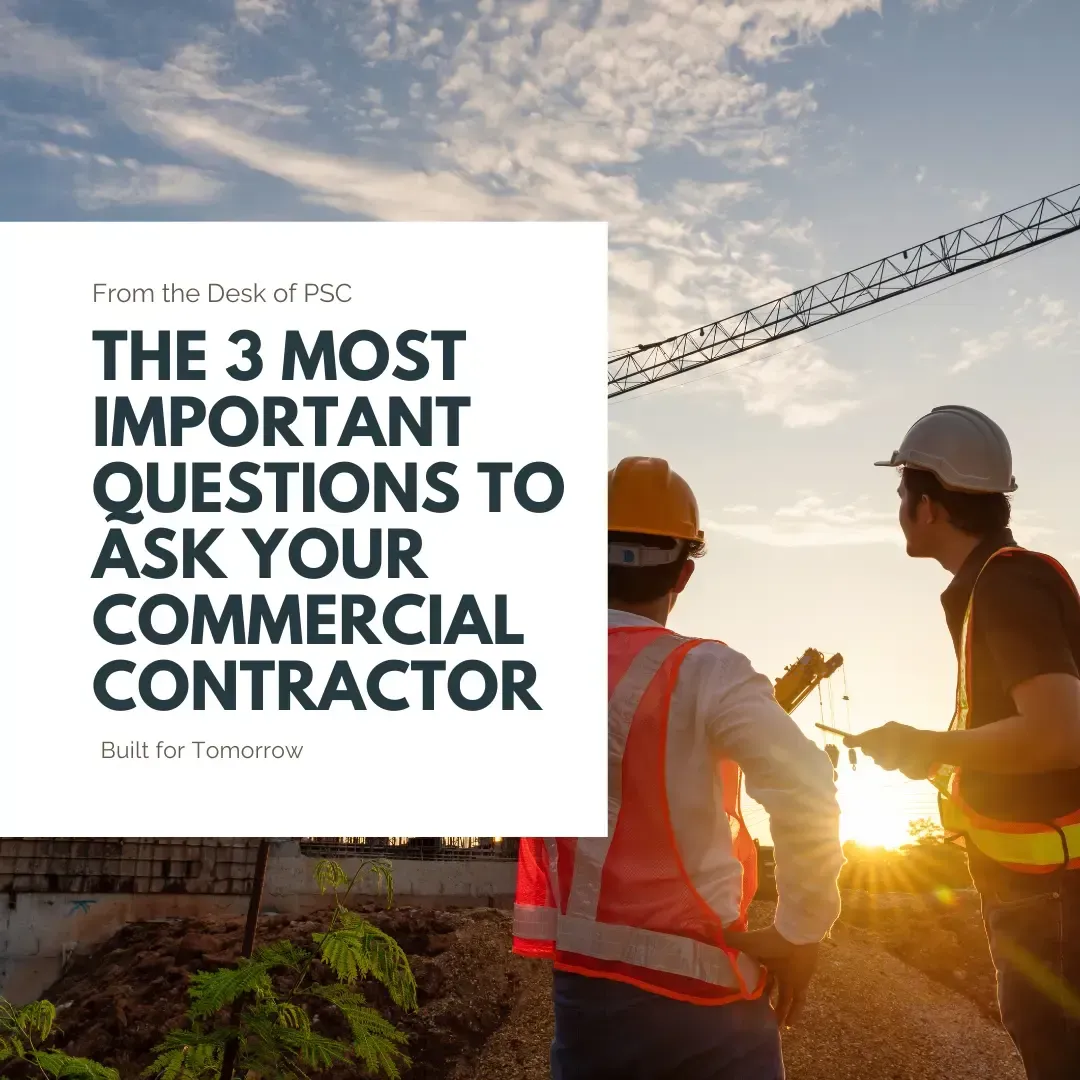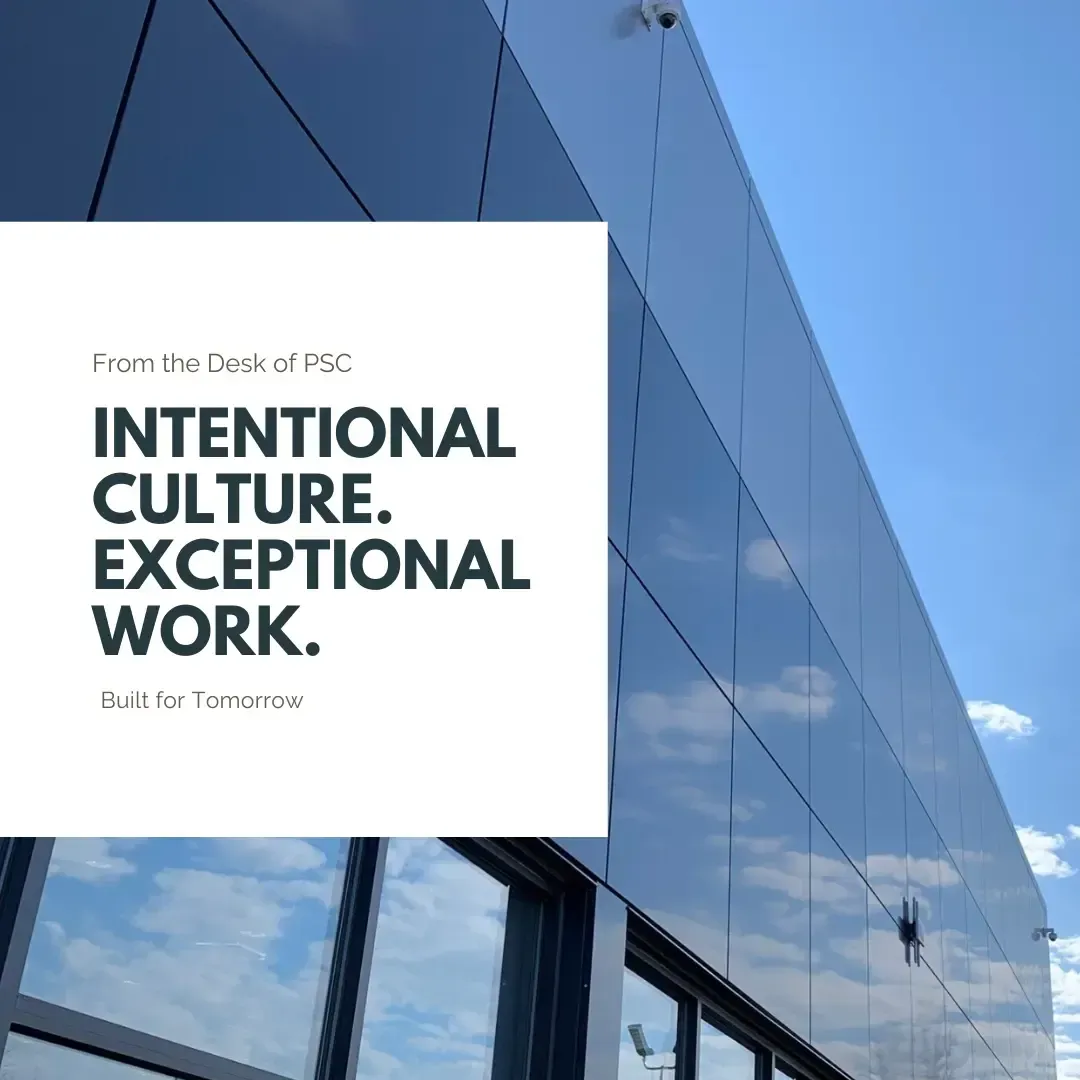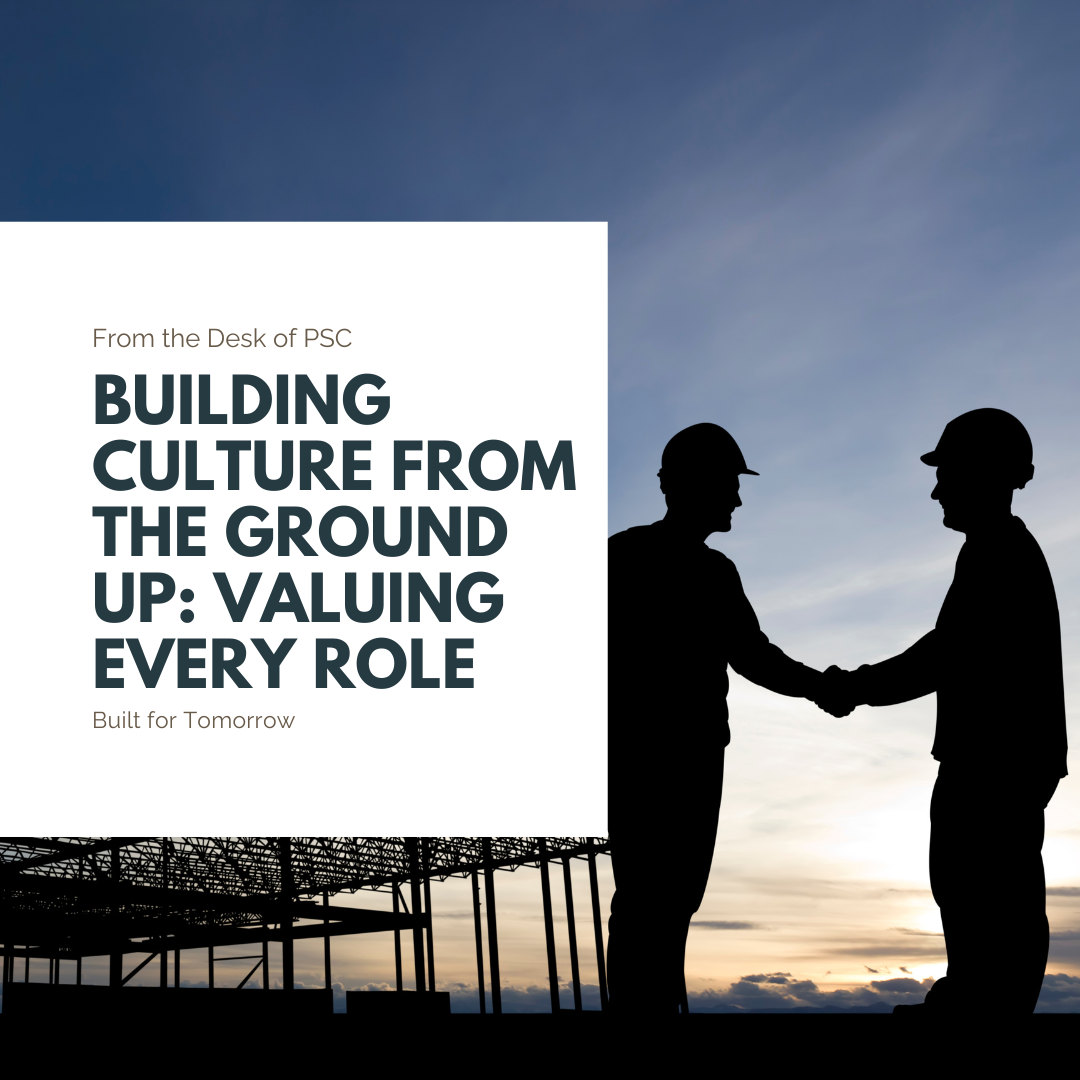Career Options for People Who Like to Play in the Dirt
Construction Laborers: Often the first on-site and the last to leave, laborers handle everything from site preparation and demolition to material handling and assisting skilled tradespeople. This role offers stability, on-the-job learning, and a clear path for advancement into more specialized trades.
Carpenters: From framing buildings to installing cabinetry and finishes, carpenters shape the structure and details of buildings. This trade is perfect for those who enjoy working with tools and bringing designs to life.
Equipment Operators: Operating bulldozers, cranes, backhoes, and other heavy machinery, equipment operators are essential to moving earth, lifting materials, and laying foundations. This is a high-responsibility role that requires both technical know-how and situational awareness.
Focused & Specialized Roles: The Hidden Strength of Construction
These positions highlight the additional layers within a construction company and specific skill sets that can be developed over time.
Superintendent: Superintendents are the on-site leaders who supervise, coordinate, and schedule all aspects of construction activity from managing crews and subcontractors to ensuring work is completed safely, on time, and within budget. They anticipate staffing, materials, and equipment needed to keep projects running efficiently and maintain high safety standards. Strong blueprint reading skills, effective communication, and solid knowledge of construction practices are essential. Superintendents must be highly organized, adaptable, and capable of managing multiple priorities in a fast-paced, hands-on environment.
Project Manager: Project managers are the planners and coordinators who keep construction projects on track—from initial estimates and timelines to final walkthroughs. They oversee budgets, manage subcontractors, ensure compliance, and keep communication flowing across all teams. A key part of their role is developing and maintaining detailed project schedules to ensure every phase stays on time and within scope. Strong leadership, problem-solving, and multitasking skills are a must.
Estimator: Estimators play a critical role in construction by analyzing project plans, specifications, and site conditions to develop accurate cost projections and budgets. Their work ensures that projects are financially feasible and competitively priced, supporting everything from early conceptual pricing to detailed bids. Estimators collaborate closely with project managers, subcontractors, and suppliers to understand scope, materials, and timelines. For those with strong analytical skills, an Estimator role might be a great fit.
Design & Fabrication: In the context of commercial construction, design involves creating detailed shop drawings, production drawings, installation plans, and as-built documentation that support real-world building processes. This includes translating scan data into precise line work and ensuring constructability in the field. Fabrication focuses on producing the physical components and custom assemblies that bring these designs to life. For those seeking a creative role within a stable, hands-on industry, design and fabrication in construction offers a rewarding path.
Why Construction?
Choosing construction as a career doesn’t just mean getting your hands dirty—it means building a stable, rewarding future in an industry that values hard work, respect and community.
- Excellent Pay & Benefits: Many construction jobs offer competitive wages, with opportunities for overtime, bonuses, and benefits packages that include health insurance, retirement plans, and paid time off.
- Job Stability: Construction is one of the most resilient industries. Skilled workers are consistently in demand, especially as infrastructure projects and commercial developments continue to grow across the country.
- Cultural Fit: Whether you're someone who enjoys being outside, working as part of a close-knit crew, or solving real-world problems with your hands, construction offers a work culture that respects grit, camaraderie, and results.
- Career Advancement: With experience and additional training or certification, you can move into supervisory, technical, or project management roles. Many senior leaders in construction started in the trenches—sometimes literally.
Ready to Build Your Future?
In construction, you're not just clocking in – you’re changing the landscape, strengthening communities, and building a future you can be proud of. Whether you're literally getting your hands dirty in the field or leading from behind the scenes, there’s a place for every skill set and a clear path to grow.
According to Penn State Construction Owner, David Miller, “There's never been a better time to jump into the trades. In construction, hard work turns into real opportunities and real money. It's a future built on skill, grit and getting things done.”




